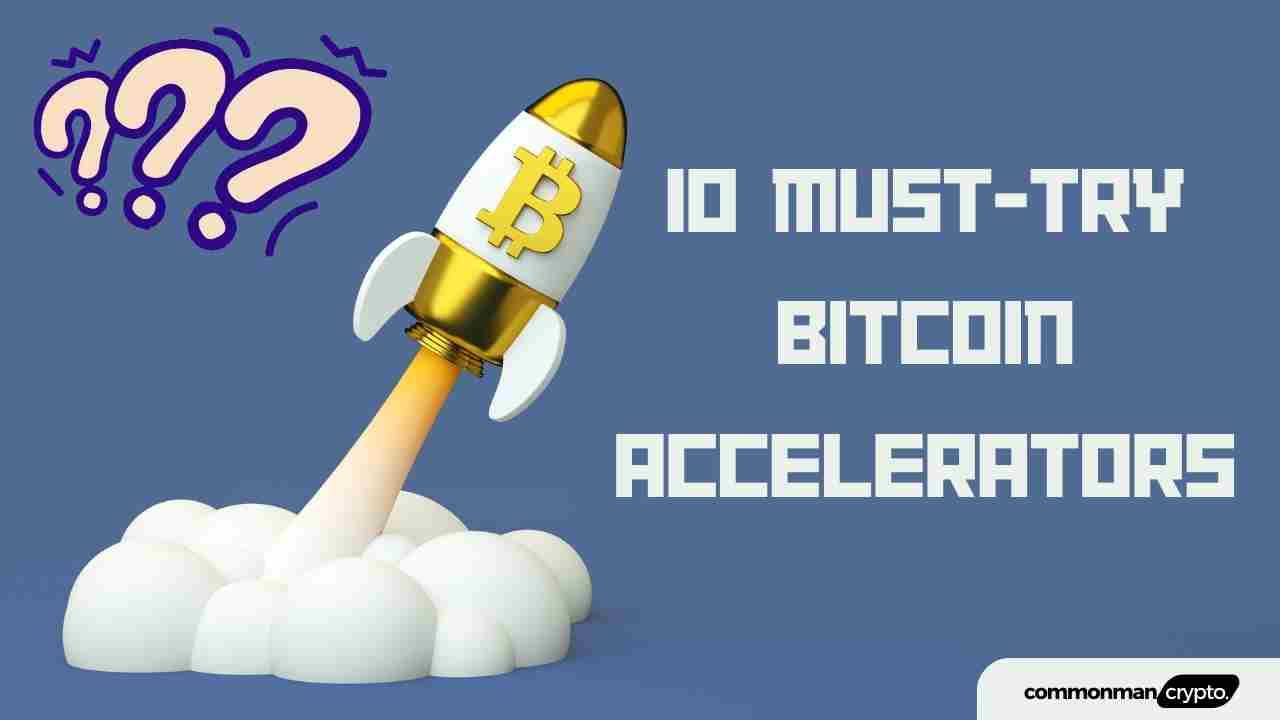Bitcoin Accelerators play an essential role in expediting transactions within the Bitcoin network. Understanding their operation and benefits for anyone involved with cryptocurrency transactions is crucial.
Why Was My Bitcoin Transaction Stalled?
Have you made a Bitcoin transaction that has taken longer than expected to confirm yet still needs to be sent through the mempool? Don’t fret: your Bitcoin has not been lost; it is currently stuck there until someone decides it should go through.
Soon, we will discuss the mempool; just be mindful that your BTC is safe there. Any delays could result from the low gas fees you paid when processing your transaction.
Miners who verify and add transactions to the blockchain typically prioritize those with higher gas fees, meaning your transaction may have made its way through to be added but was ultimately selected due to having a gas fee payment that was too low.
But low gas fees aren’t the only reason your transaction could be stuck; other potential reasons could include its age, size, and timeframe – possibly you processed your transaction when miners were overwhelmed, or perhaps there are too many transactions ahead of yours that have to wait their turn before moving forward with your own.
Your transaction may take several hours or even days to confirm in the mempool; occasionally, it could be forgotten and returned to you as well!
Let’s explore the mempool to gain more insight into what goes on and how you can navigate the system more efficiently.
What You Need to Know about Bitcoin Mempool Congestion
Mempool stands for memory pool. Here, pending transactions that have been validated reside until they can be confirmed on a block.
When making a Bitcoin transaction, your transaction is broadcasted to miners for verification before being picked up and verified by all available nodes. Each node has an allocated mempool with a default size of 300MB to store unconfirmed transactions until they have been added to a block and removed from that mempool by its node.
You may ask why there’s been such a delay when everything should be straightforward.
As with demand and supply, transaction fees can vary widely depending on the volume of transactions to be confirmed.
Nodes can set their transaction fee threshold at whatever they deem acceptable, which allows them to filter transactions with lower transaction fees from their mempool and prioritize higher fee transactions, leaving others stuck.
Transaction fees in Bitcoin don’t depend on the value of BTC you send but rather on how much space your transaction occupies on a block, hence being measured in Satoshis/vBytes. As you pay for space within that block, incentivizing miners to prioritize your transaction should speed it up considerably.
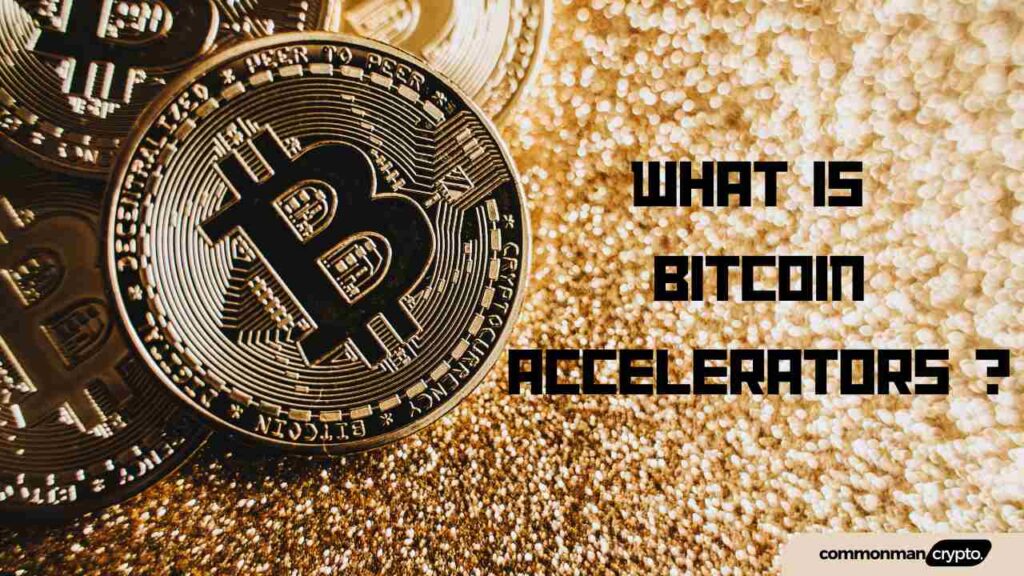
How To Speed Up My Bitcoin Transaction?
Due to factors like age, time, or transaction size, you might want to try sending your Bitcoin during less-than-saturated times like weekends.
However, to ensure a timely transaction, you may require alternate solutions as BTC processes an average of 7 transactions every second and 608,400 daily.
Trades stalled due to low gas fees often turn to Bitcoin Accelerators to speed up confirmation time, making this blog post all the more relevant.
What exactly is a Bitcoin Accelerator?
As its name implies, a Bitcoin accelerator allows you to speed up confirmation times during network congestion or increased miners’ fees by rebroadcasting transactions on the system.
Would it come as a shock that miners frequently utilize these accelerators? Not me; in fact, I wasn’t at all.
Accelerators provide an alternative solution: instead of recalling transactions, accelerators boost them forward toward confirmation in the subsequent block. Both free and paid accelerators are available; simply submit your transaction ID for fast processing.
Individuals and businesses alike can utilize accelerators to avoid delays and ensure transactions proceed on their respective networks without incident.
Unstuck your transactions today by selecting from among the top 10 free and paid best accelerators available today.
Top 10 Best Bitcoin Accelerators
1. BTC.com
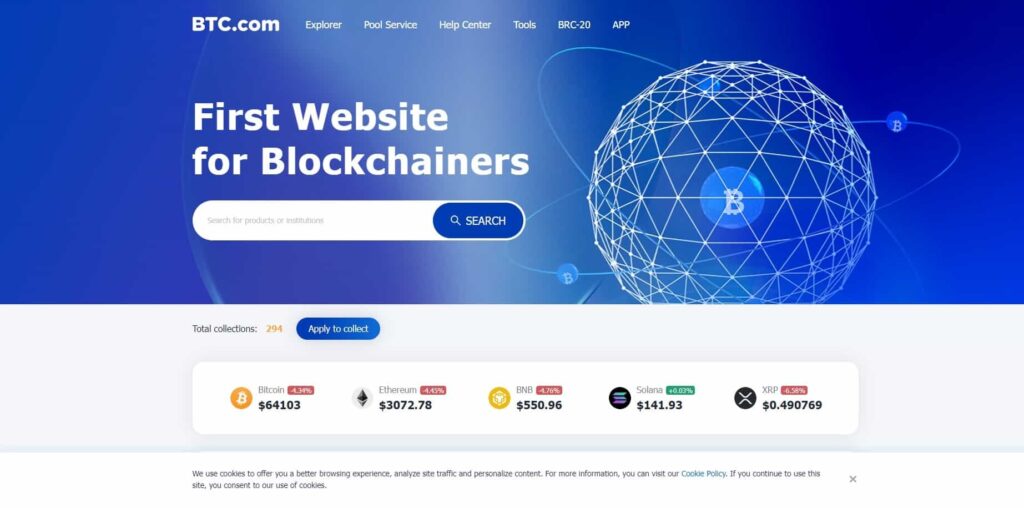
This premium service guarantees 75% confirmation within an hour and 98% within four hours, irrespective of transaction fees; it is operated by one of the world’s biggest mining pools — BTC.com.
This Bitcoin accelerator is transparent about its service fee. They provide an overview of their fee, which varies based on factors like Bitcoin value and the block size of each transaction.
BTC.com facilitates service charge payment using Bitcoin cash (BCH) or local payment options that vary across nations.
2. ViaBTC
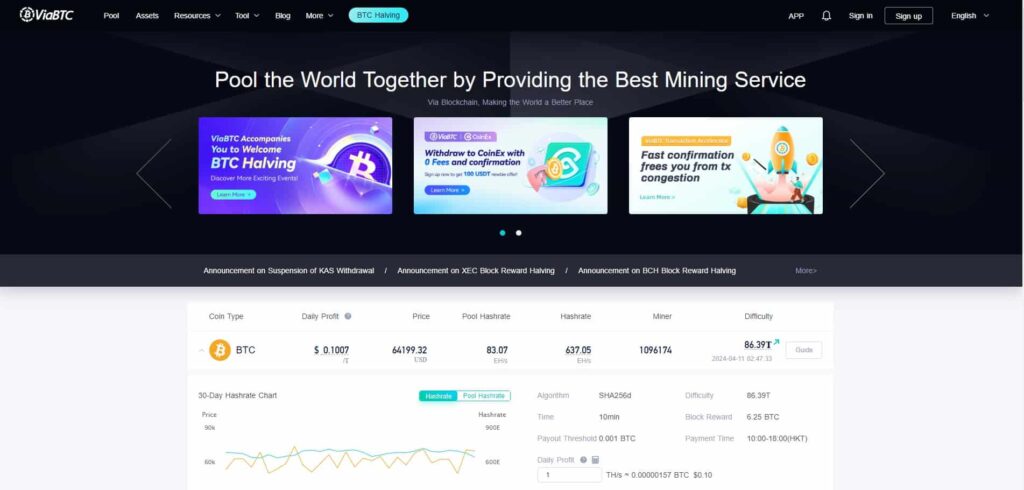
ViaBTC offers both free and paid services. Their paid service prioritizes and rebroadcasts your transaction to multiple miners for increased chances of pickup; their free service prioritizes and rebroadcasts your transaction, but only to a smaller pool of miners.
Free services allow users to accelerate up to 100 transactions an hour, while paid services provide up to 1,000 accelerations an hour at an additional fee of 0.0001 BTC/KB.
ViaBTC’s paid service allows users to enjoy transaction fees that vary based on transaction size and initial completed transactions.
3. BitAccelerate
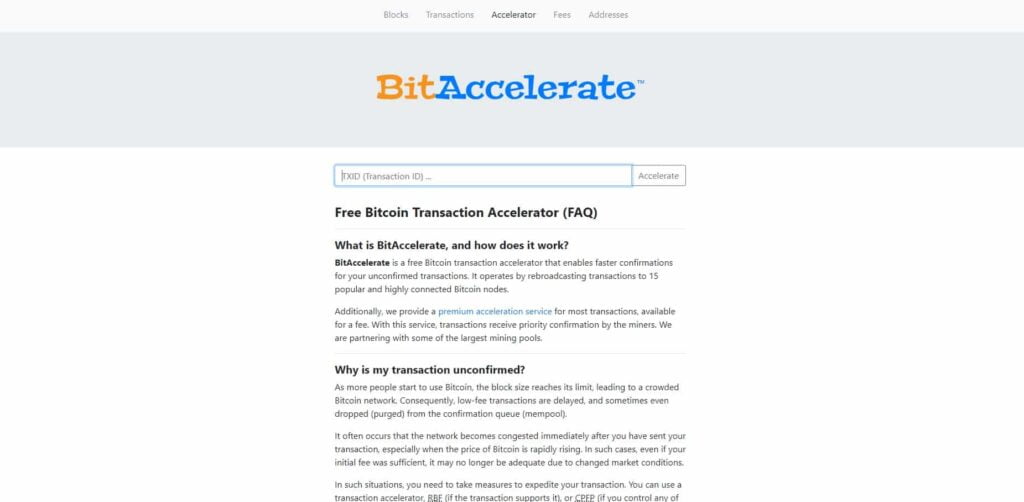
This straightforward app features an attractive sign-up process: no data needs to be entered during registration – safeguarding users’ privacy! To use the accelerator, just input your transaction ID and press accelerate, free of charge, as it rebroadcasts transactions through 10 nodes for faster confirmation time.
BitAccelerate is easy and recommends broadcasting your transaction every six hours until it has been confirmed.
4. ConfirmTX
This innovative Bitcoin accelerator guarantees transaction confirmation within 12 hours or less. While not entirely free, ConfirmTX charges no fees for transactions of 250 bytes or smaller; however, a flat fee of $5 applies when transactions exceed this size threshold.
ConfirmTX requires your transaction to have at least a $0.05 transaction fee to ensure it can be confirmed within 12 hours, while transactions with lower transaction fees could take 72 hours.
However, if your Bitcoin transaction is not confirmed within 72 hours, no refund will be given; it will be applied towards future acceleration services.
5. 360 BTC Accelerator
360 BTC Accelerator service stands out from others by not using mining pools to rebroadcast your transactions. This increases the chance that miners select your transactions.
Accelerator with no subscription-based option or limitations to transaction size restrictions. According to its website, over 1,000 BTC transactions were verified.
6. BTC Nitro
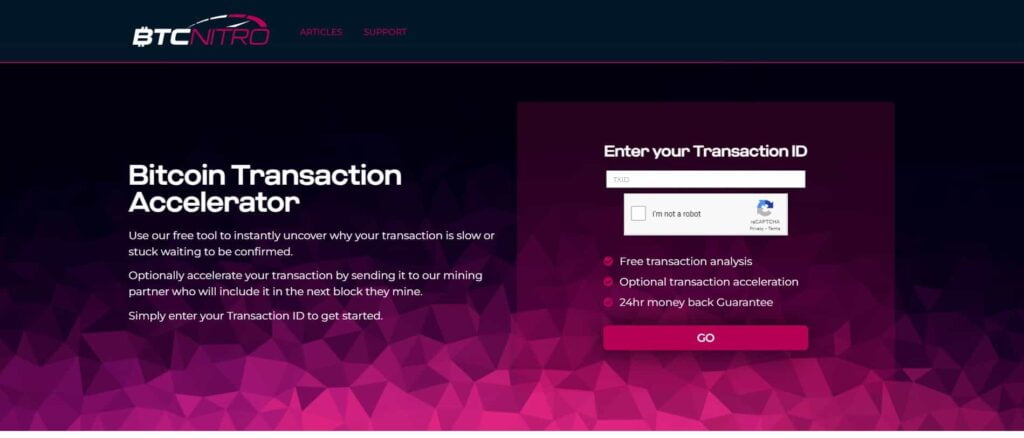
BTC Nitro provides both standard and premium versions, which would rebroadcast your transaction to global nodes to remind them it is still outstanding and then add it to a queue for processing.
However, BTC Nitro’s premium option bypasses this process. It adds your transaction directly into one of their partners’ next blocks, promising confirmation within an hour or less – though if network congestion occurs, this time could take up to 72 hours! Payment of BTC Nitro premium option costs $25 in BTC only (non-Bitcoin payments also accepted).
Contrary to other accelerators, this accelerator offers a money-back guarantee if your transaction doesn’t go through within 24 hours.
7. BTC Afterburner App
This app uses a transaction system called Child Pays For Parent (CPFP), which acts like a wallet to help accelerate any stuck transactions. BTC Afterburner requires an upfront cost of $5.99 and minor miner charges to use its CPFP service.
8. BTC TX Accelerator
BTC TX Accelerator is free and takes care of any stuck transactions, regardless of gas fees being too low or peak periods being experienced in your transaction, by speeding it up using BTC TX Accelerator.
9. Binance BTC Transaction Accelerator
Binance Pool recently unveiled an accelerator that ensures any transactions stuck due to network congestion will be approved regardless of status.
Binance Pool Account Verification Service provides users with a paid service that requires them to verify their Binance Pool accounts before using them. Inputting your transaction ID offers an overview of pricing to accelerate your transaction process.
After paying their service fee, VIP-9 users may contact their Binance Pool Business Development managers, while regular users may contact the Binance Pool team through Telegram.
10. BitTools
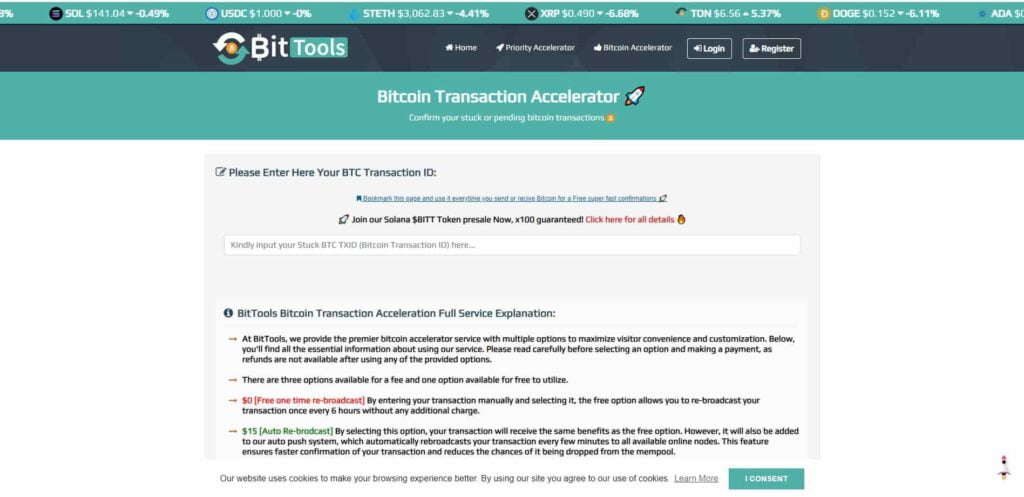
BitTools is a free Bitcoin accelerator that doesn’t collect personal information to register with. Simply inputting your transaction ID, this accelerator rebroadcasts it to over 17 nodes within six hours to confirm your transaction. You can submit this ID again every six hours until your transaction gets confirmed!
Frequently Asked Questions (FAQs)
Do Bitcoin Accelerators Work?
Bitcoin accelerators present an inconclusive situation where your transaction may or may not be prioritized, with no way of verifying if it’s being prioritized. Your best bet would be to use a reliable service, as most accelerators don’t offer refunds if anything goes wrong with an accelerated transaction.
How To Rebroadcast Bitcoin Transaction
There are three primary strategies for rebroadcasting transactions using Bitcoin: Replace-by-Fee (RBF), Bitcoin Accelerators, and Child Pay For Parent (CPFP).
RBF refers to when you attempt to resend an already sent transaction by increasing the miner’s fee using a wallet that supports RBF.
Bitcoin accelerators are third-party tools run by miners that require you to input your transaction ID and broadcast it again, alerting miners that this transaction needs confirmation.
CPFP works similarly to RBF, though you must create a child transaction with an increased miner’s fee required to support your unconfirmed transaction in the mempool before moving on to it. Miners must confirm the parent transaction first before processing the child transaction.
Why Is My Bitcoin Transaction Stuck In The Mempool?
With Bitcoin’s increased use and popularity comes its 1 MB block size needing to be increased to handle transaction loads on its network, thus leading to transactions becoming stuck in its mempool for various reasons. These could include:
Low Transaction Fees
Network Congestion
Age, Time, and Size of Transaction
How Do You Speed Up A Stuck Bitcoin Transaction?
There are various strategies available for speeding up confirmation times of transactions, such as:
Replace by Fee (RBF) is a Child Pays For Parent (CPFP) model where the child pays fees on behalf of the parent. Utilizing Bitcoin Accelerators with Liquid Network and Lightning Network are great solutions.
What Is The Longest Time A Bitcoin Transaction Can Take?
A typical Bitcoin transaction should take approximately 10 minutes. Unfortunately, due to increasing network demand, transaction times can range between one hour and 24 hours.
Conclusion
Here you have it, everyone. All the knowledge necessary for understanding stuck transactions and how to unstuck them using Bitcoin accelerators has been covered here. Before committing to one accelerator over another, ensure that you conduct thorough research on its reviews as well.
Navigating the crypto world may sometimes be treacherous, so please stay safe as you navigate it.

